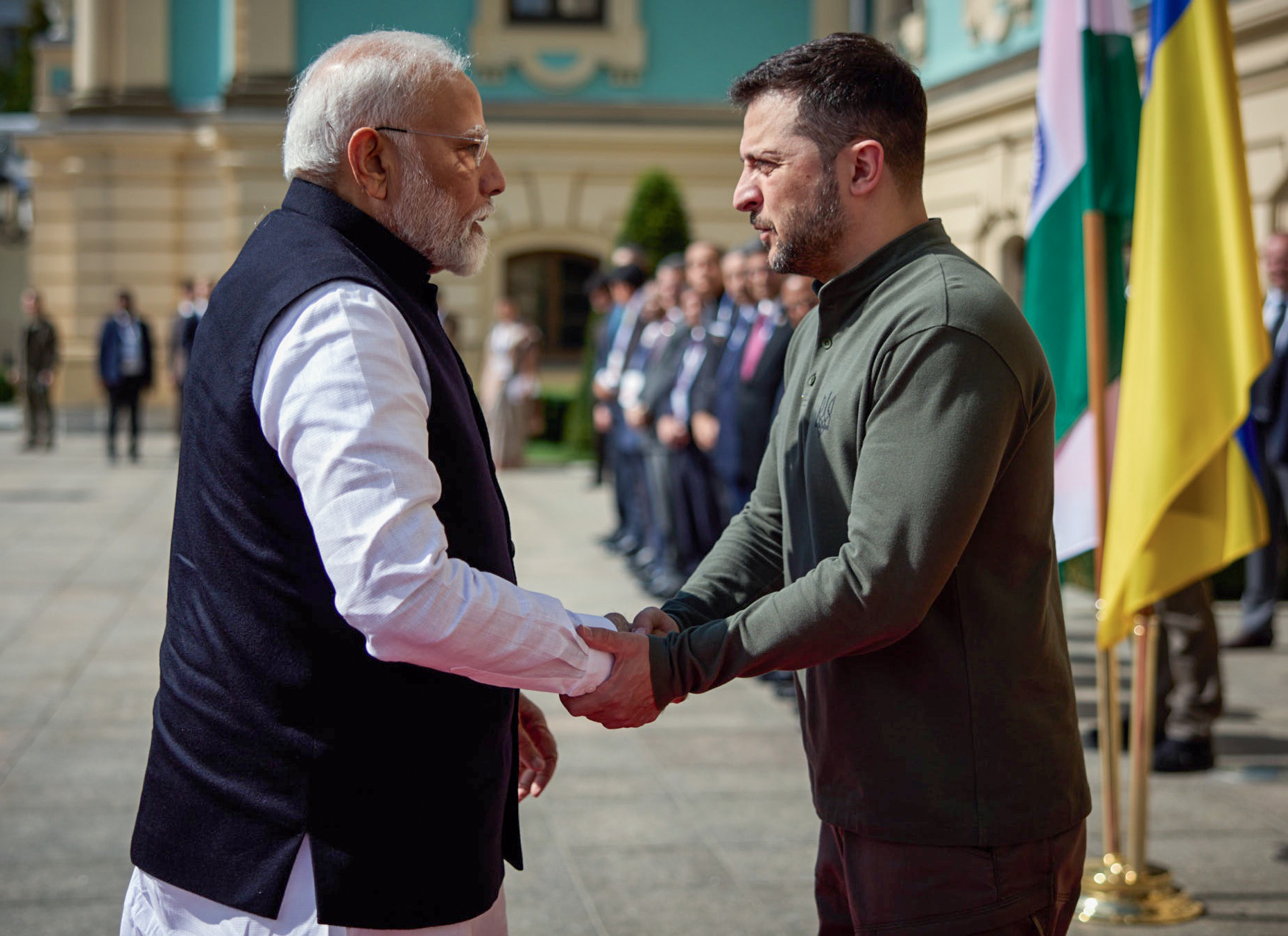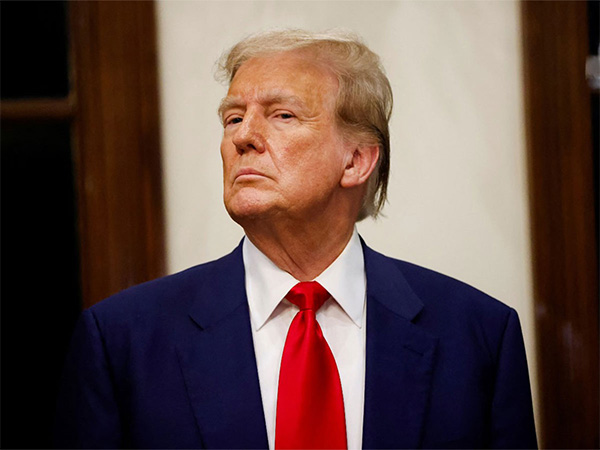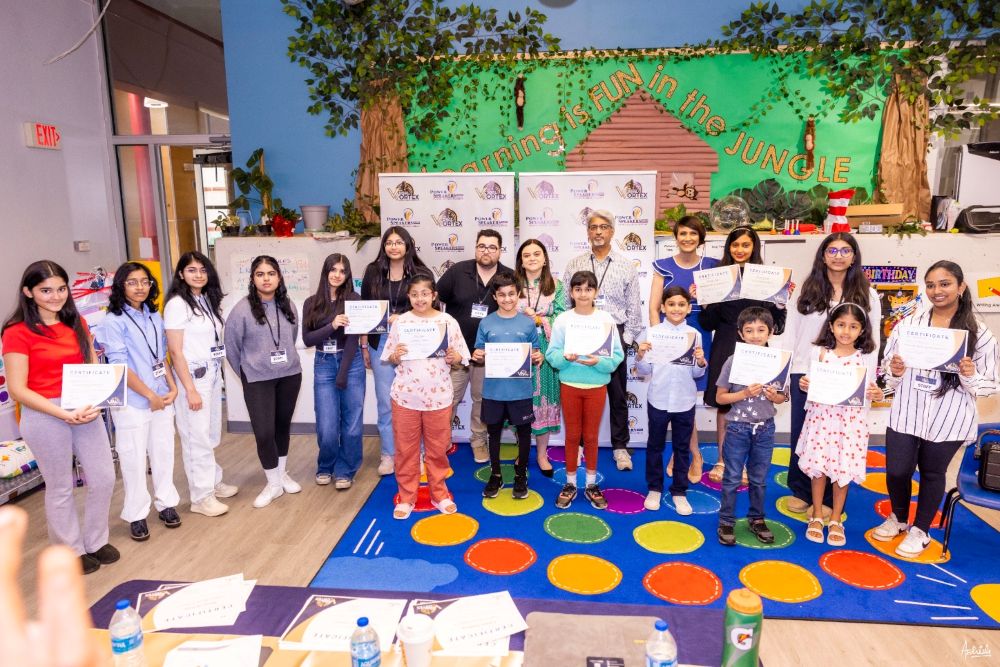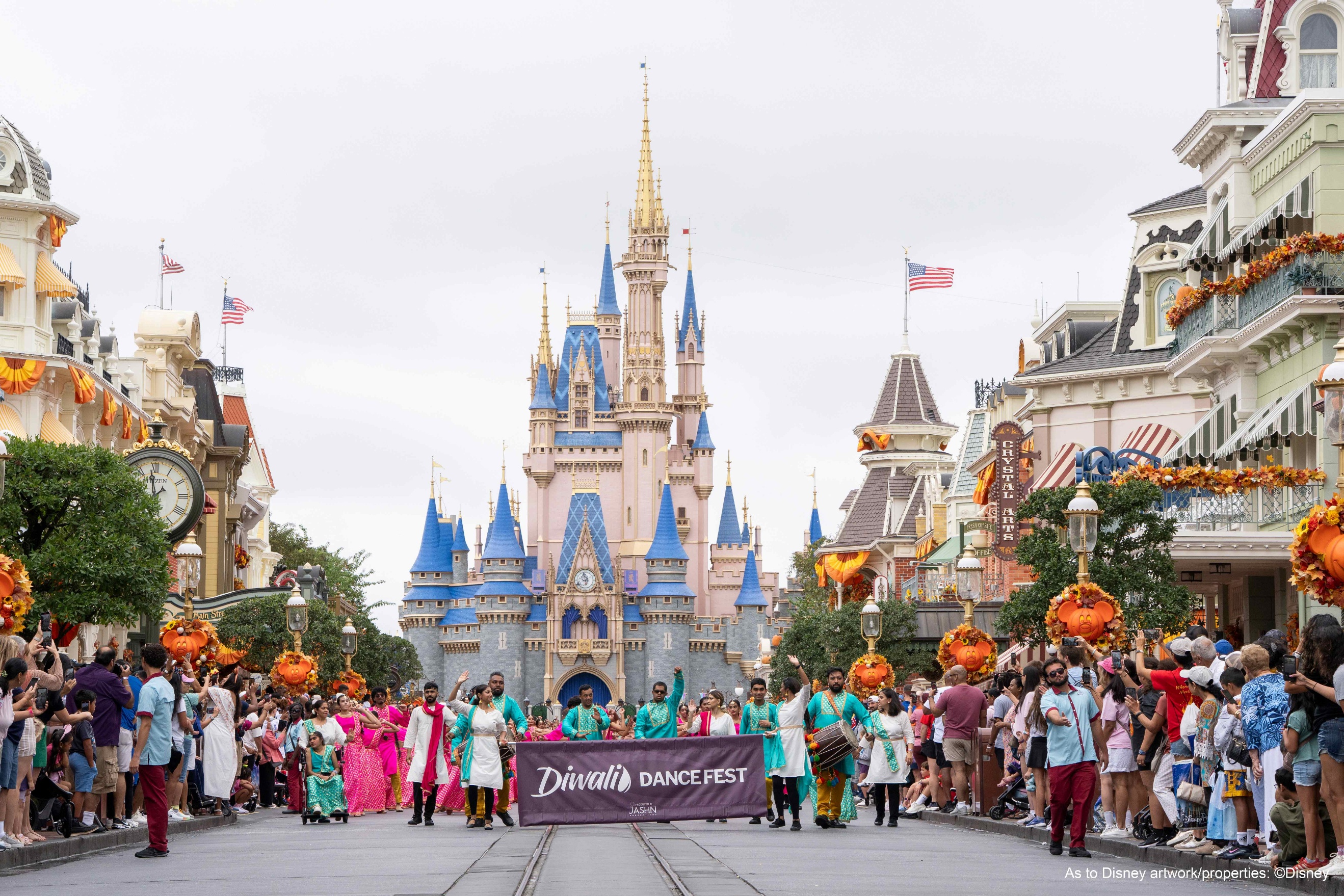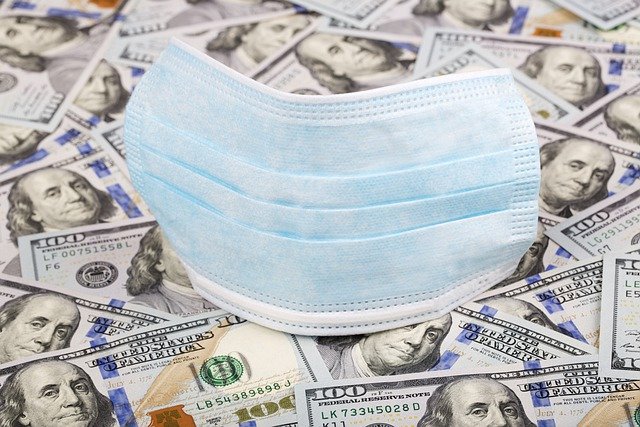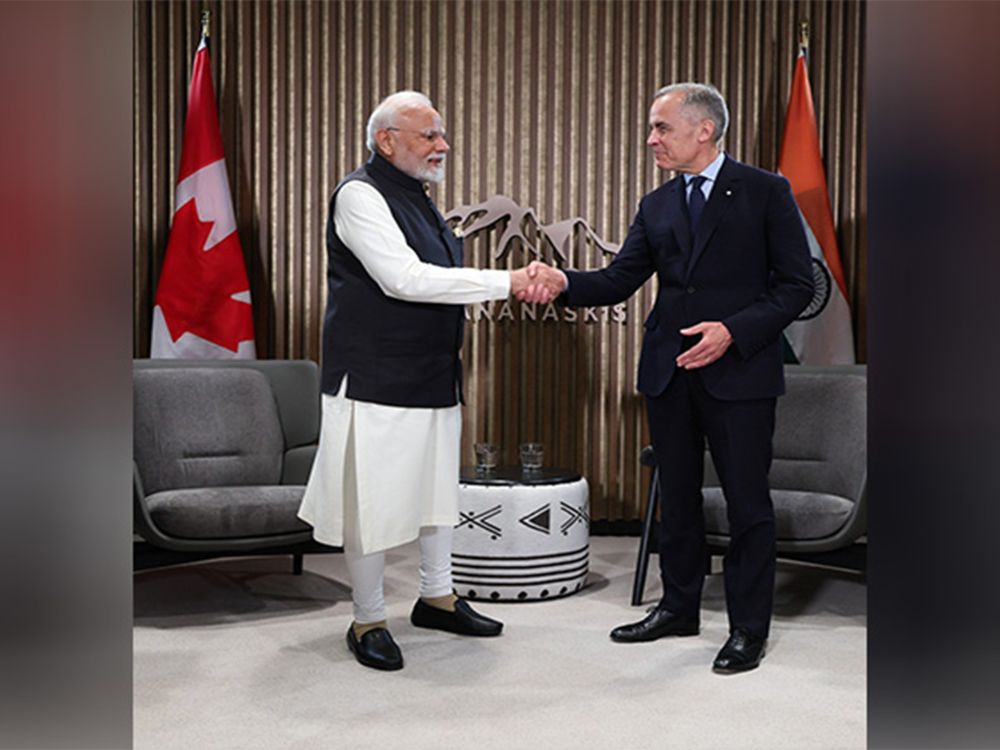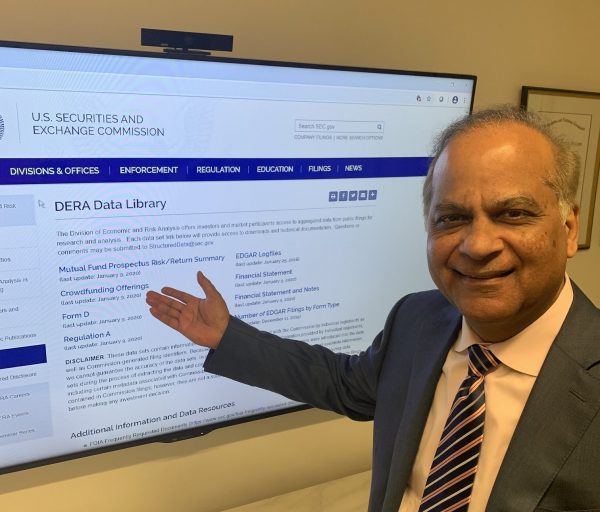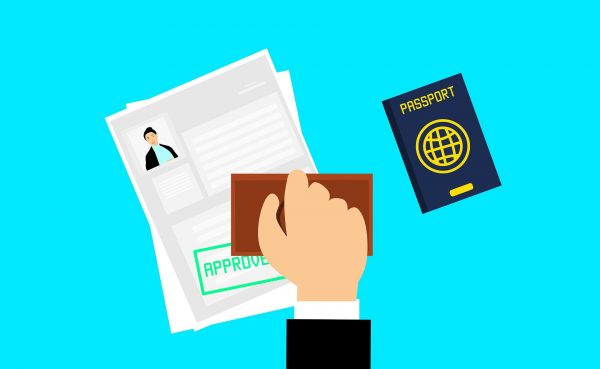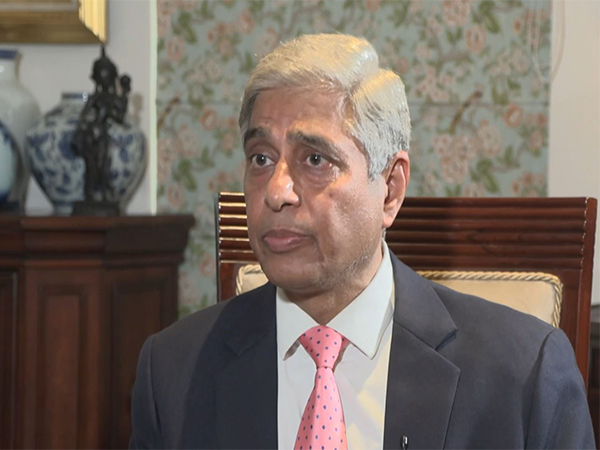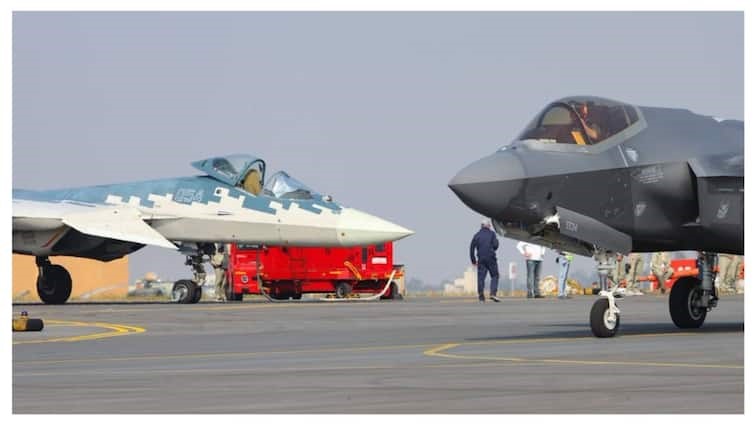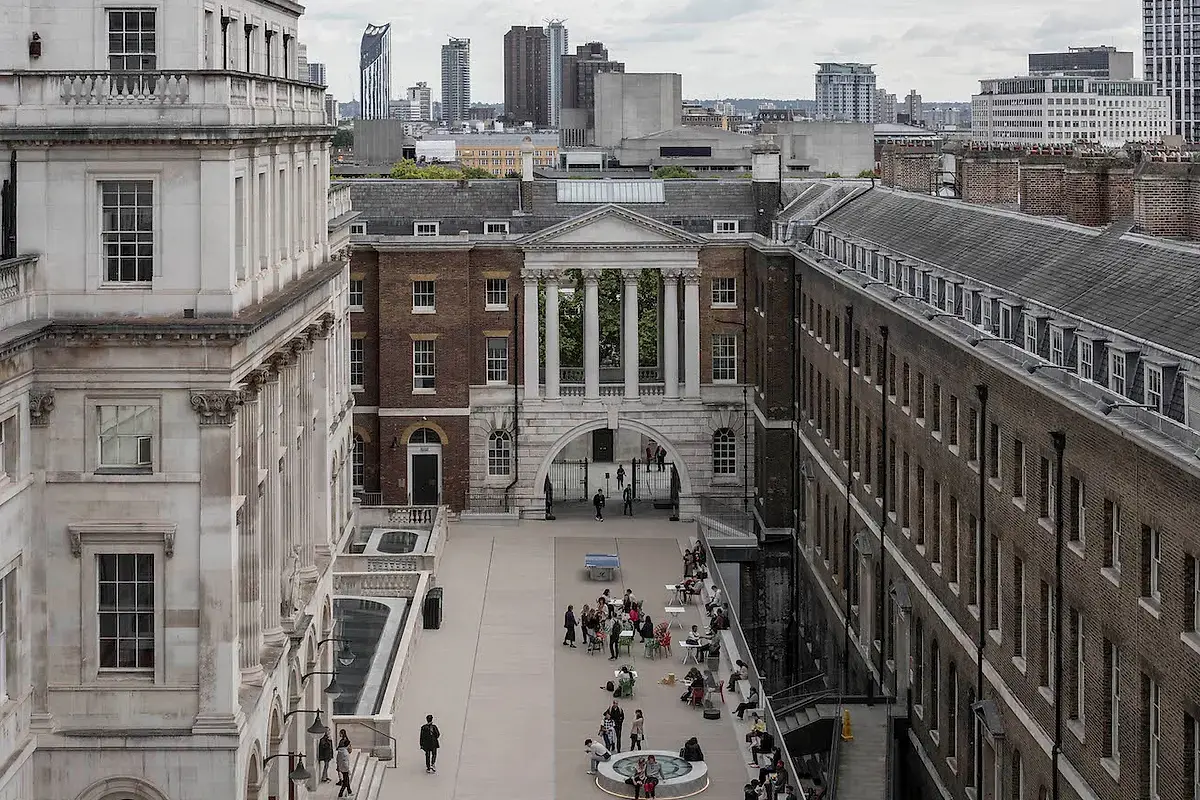In a landmark move, Prime Minister Narendra Modi goes to Kyiv and reaffirms India’s principled stance and focused on peaceful resolution through dialogue and diplomacy. What is the significance of Modi’s visit?
Our Bureau
New Delhi
In a landmark gesture on Friday, Prime Minister Narendra Modi greeted Ukraine President Volodymyr Zelenskyy in Ukrainian capital city Kyiv with his trademark hug. Both leaders honored the Memory of Children at the Martyrologist Expositin at the Ukraine National Museum in Kyiv.
After paying floral tributes at the Mahatma Gandhi memorial, Prime Minister Modi met with Zelenskyy ahead of their bilateral talks. Modi’s visit marks the first-ever visit by an Indian Prime Minister to the country.
The Gandhi statue, symbolizing the enduring legacy of Mahatma Gandhi and his principles of peace and non-violence. The bronze statue of the Mahatma at AV Fomin Botanical Garden was unveiled in 2020 on the occasion of the 151st birth anniversary of Mahatma Gandhi.
Modi visited Ukraine on Friday at the invitation of Zelenskyy. During their discussions, the leaders emphasized the importance of achieving a comprehensive, just, and lasting peace through dialogue and diplomacy. This visit marks the first ever by an Indian Prime Minister to Ukraine since diplomatic relations were established between the two countries in 1992.
PM Modi and President Zelenskyy reiterated their commitment to further cooperation in upholding international law, including the UN Charter and principles such as respect for the territorial integrity and sovereignty of states. They agreed on the desirability of closer bilateral dialogue in this regard, according to a joint statement by the Ministry of External Affairs.
The Indian side reaffirmed its principled stance and focused on peaceful resolution through dialogue and diplomacy. As part of this commitment, India attended the Summit on Peace in Ukraine, held in Burgenstock, Switzerland, in June 2024.
The Ukrainian side welcomed India’s participation and highlighted the importance of high-level Indian involvement in the next Peace Summit. Ukraine suggested that the Joint Communique on a Peace Framework, adopted at the Summit on Peace in Ukraine, could serve as a basis for further efforts to promote a just peace based on dialogue, diplomacy, and international law.
Both leaders expressed mutual interest in elevating bilateral relations from a comprehensive partnership to a strategic partnership in the future. They reaffirmed their commitment to further developing bilateral ties for the benefit of the peoples of both countries, based on mutual trust, respect, and openness. The leaders also appreciated the participation of Ukrainian official delegations in the Vibrant Gujarat Global Summit 2024 and the Raisina Dialogue 2024, according to the joint statement.
The leaders commended efforts to ensure global food security, including the Ukrainian humanitarian grain initiative. They emphasized the importance of an uninterrupted and unhindered supply of agricultural products to global markets, particularly in Asia and Africa.
PM Modi reiterated the need for sincere and practical engagement between all stakeholders to develop innovative solutions that will have broad acceptability and contribute to the early restoration of peace. He reaffirmed India’s willingness to contribute in every possible way to facilitate a swift return to peace.
The leaders emphasized the importance of the Indian-Ukrainian Intergovernmental Commission on Trade, Economic, Scientific, Technical, Industrial and Cultural Cooperation (IGC) in fostering a future-oriented and stronger economic partnership between the two countries.
They appreciated the review of the IGC conducted during the visit of the Ukrainian Minister for Foreign Affairs to India in March 2024 and the efforts to hold the meetings of the Joint Working Groups, with a view to convening the 7th Session of the IGC at a mutually convenient time in 2024. The Ukrainian side welcomed the appointment of India’s External Affairs Minister, Dr S. Jaishankar, as the Co-Chair of the IGC, according to the statement.
In light of the significant reduction in annual bilateral trade in goods since 2022 due to challenges related to the ongoing war, the leaders directed the Co-Chairs of the IGC to explore all possible ways not only to restore bilateral trade and economic relations to pre-conflict levels but also to expand and deepen them further.
The leaders emphasized the importance of enhancing the ease of doing business to facilitate mutual economic activities and investments, while also removing any impediments to greater trade and commerce between India and Ukraine. Both sides encouraged greater engagement at official and business levels to explore joint projects, collaborations, and ventures.
The leaders recalled the strong ties between the two nations in agriculture and expressed a desire to enhance bilateral interaction and market access based on complementary strengths, including the harmonization of standards and certification procedures.
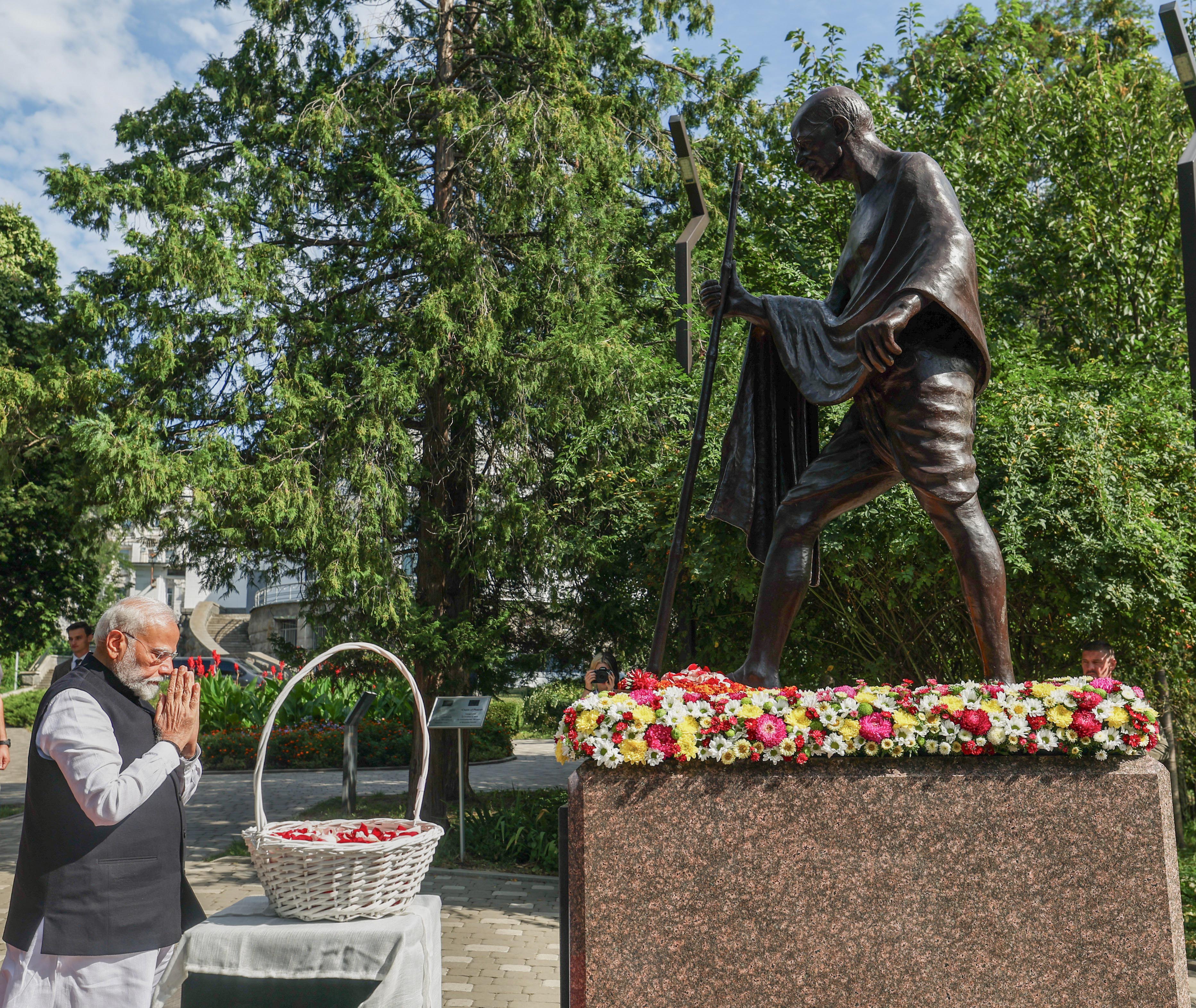
Amid the visit of Modi to Ukraine on Friday, External Affairs Minister S. Jaishankar said that the Prime Minister has extended an invite to Zelenskyy to visit India. Addressing a press briefing in the Ukrainian capital Kyiv, Jaishankar said, “PM is here (Ukraine) for the first time after 1992, and it is natural on such occasion to extend such invitation which he did in this case. So, we expect that as per his convenience, President Zelenskyy will visit India.”
Jaishankar also spoke about the humanitarian assistance provided by India to Ukraine and said, “In the past, we have been providing humanitarian assistance to Ukraine, and I think, 17 consignments have been delivered so far to Ukraine largely in the medical side. India handed over Bhishm Cube of Medical assistance to Ukraine. They contain medical support equipment which are very effective, compact, and deployable in many ways. These cubes, with a total weight of 22 tons were handed today.”
Modi presents BHISHM Cubes to Zelenskyy
Prime Minister Modi during his visit to Ukraine presented four BHISHM (Bharat Health Initiative for Sahyog Hita & Maitri) Cubes to the Government of Ukraine on Friday. Ukrainian President Volodymyr Zelenskyy thanked PM Modi for the humanitarian assistance, a press release by the Ministry of External Affairs said.
The cubes will help in the expeditious treatment of the injured and contribute to saving precious lives. PM Modi also shared pictures on his X handle and said, “Bharat Health Initiative for Sahyog Hita & Maitri (BHISHM) is a unique effort which will ensure medical facilities in a rapidly deployable manner. It consists of cubes which contain medicines and equipment for medical care. Today, presented BHISHM cubes to President Volodymyr Zelenskyy.”
Notably, each BHISHM Cube consists of medicines and equipment for the first line of care for all kinds of injuries and medical situations. It also includes surgical equipment for a basic Operation Room that can manage 10-15 basic surgeries per day. The Cube has the capacity to handle about 200 cases of diverse nature in emergency situations such as trauma, bleeding, burns, fractures, etc. It can also generate its own power and oxygen in limited amounts. A team of experts from India has been deployed to provide initial training to the Ukrainian side to operate the Cube. The gesture underscores India’s continued commitment to provide humanitarian assistance to Ukraine.
Under the broad umbrella of Project Aarogya Maitri, Government of India has created the BHISHM initiative, which provides the means to deliver all basic facilities and equipment for providing emergency medical care, in an easy to use and rapidly deployable manner.
This is achieved by packing all the relevant medicines and equipment in cubical boxes (of 15 inches) in a well-organized manner, and arranged according to the types of injuries and medical issues, that could be encountered in a war or natural disaster.
These mini cubes are then positioned on a framework that is adjustable, strong and permits multi-mode transport (by air, sea, land and drone). In fact, the mini cubes can be carried by a person (max weight of 20 kg). Thirty-six of these mini cubes mentioned above form a mother cube and two such mother cubes combine to form a BHISHM Cube.
Due to clear and convenient classification, the medicines and equipment are easy to use. The inventory management uses RFID and is automatically updated. Therefore, exact stock is easily ascertained. The BHISHM app and a digital tablet provide access to the required knowhow including through instructional videos. The tablet currently supports about 180 languages.
Overall, the BHISM Cube has the ability to handle about 200 cases of diverse nature in emergency situations such as trauma, bleeding, burns, fractures, shock, apart from managing initial triage and classification. It also has the ability to support basic surgeries and can also generate its own power and oxygen in limited amounts/duration.
















